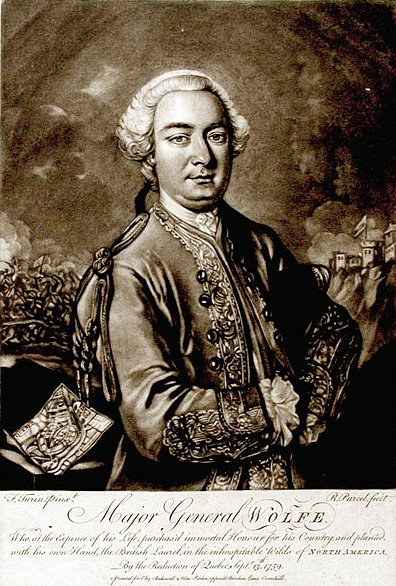One of my favorite historians who was influenced by Spengler and Ibn Khaldun. His critique of WWI blaming the harsh politics of repatriations on the rise of Nazism remains controversial.
A.J. Toynbee
Toynbee's approach may be compared to the one used by Oswald Spengler in
The Decline of the West. He rejected, however, Spengler's deterministic view that civilizations rise and fall according to a natural and inevitable cycle.He expressed great admiration for Ibn Khaldun and in particular the
Muqaddimah, the preface to Khaldun's own universal history, which notes many systemic biases that intrude on historical analysis via the evidence.
Toynbee's ideas have not proved overly influential on other historians.
Comparative history, to which his approach belongs, has been in the doldrums, partly as an adverse reaction to Toynbee.
The Canadian economic historian Harold Adams Innis is a notable exception. Following Toynbee and others (Spengler, Kroeber, Sorokin, Cochrane), Innis examined the flourishing of civilizations in terms of administration of empires and media of communication. Arnold Toynbee: Pro-Arab or Pro-Zionist?Israel Studies - Volume 4, Number 1, Spring 1999, pp. 73-95
Indiana University Press Israel Studies 4.1 _________________________________________________________________ Arnold Toynbee: Pro Arab or Pro-Zionist? Isaiah Friedman * Zionist Dialectics _________________________________________________________________ In the late forties, Toynbee acquired the reputation of being a passionate Arab protagonist and a fierce opponent of the State of Israel; by his own admission he became known as a "Western spokesman for the Arab cause." But during World War I and its aftermath, he was less than sympathetic toward the Arabs. He was greatly disturbed to note that the Syrians, contrary to assurances made by Hussein, as well as by al-Faruqi, remained loyal to Turkey and "their conscripts fought dutifully on her side . . . their leaders are too prudent and the people too peaceable to allow them for a moment to contemplate rising in arms." Early in the War, he ascertained that, in the Turkish Asiatic provinces, there was only "a veritable cockpit of nationalities so mutilated that they have never even achieved that [kind of] unity which is the essential preliminary to a national life." By 1917, when the general Arab uprising had failed to materialize, he concluded that they had no "national consciousness. There are Arabs in name who have nothing Arabic about them but their language--most of the peasants in Syria are such . . ." This view was not unique. The official Handbook prepared in 1918 to guide the British delegates to the Peace Conference gave the following description: The people west of the Jordan are not Arabs, but only Arab-speaking. The bulk of the population are fellahin; that is to say, agricultural workers owning land as a village community or working land for the Syrian effendi.
But, it must be born in mind that liberal democracy and socialism-communism, irrespective of their differences, are not absolute opposites. They are branches of the same spiritual tree. This was, for example, claimed by Spengler and Karl Popper, the two otherwise so different thinkers. Not only that
A.J. Toynbee, on his part, shared this opinion, but even he saw in the Russian communism the means of westernization of those parts of the world which are hardly accessible to the western civilization in its original form. The true negation of both liberal democracy and communism is Islamic fundamentalism, which is also an imperialism of high style. It personifies a militant, expansionistic nature of the prophet Muhammad's religion. Therefore, the names "Islamic fundamentalism", "Islamic imperialism" or even "Islam in its authentic form" are equally justified.
According to British historian Arnold Toynbee the decline and fall of
great empires was caused by routine and the lack of creativity among social
elites. On the one hand, those societies lacked a shared vision of the future
– on the other they failed to hammer out generally acceptable values that
could contribute to social stability and lend to a shared identity. Growing
internal divisions led to the demise of authorities and the erosion of the
elites’ control, whereas institutions complied less and less to the needs of
the real social and economic situation. Institutional inertia and the
inability to make strategic choices intensified the systemic incoherencies
that manifested themselves in escalating conflicts of interest, the
particularism of various groups, and the loss of steerability over the system
as a whole.
See:Ibn Khaldun, Oswald Spengler, A.J. Toynbee, Metropole, Metropolis, capitalism, Decline of the West, decadence, Islam, imperialism, globalization,Tags
economics
politics
history
sociology
Arab
Islam
Libertarian
Ibn Khaldun
 LABOUR HISTORY
LABOUR HISTORY